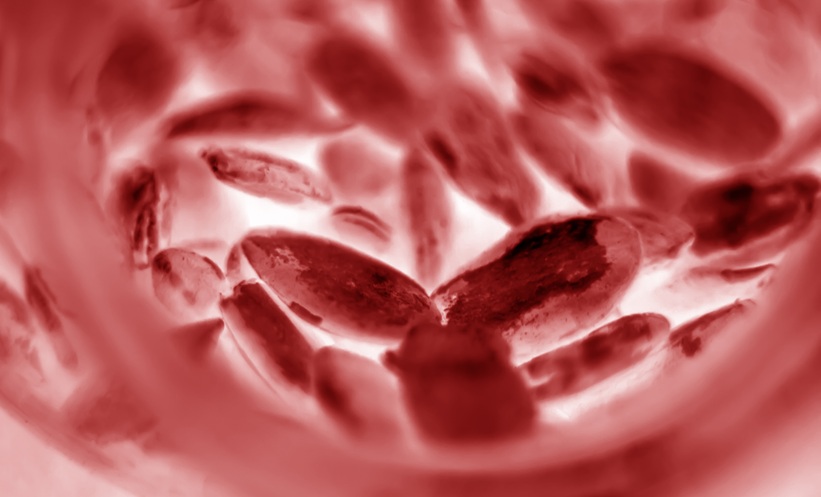Diabetic kidney disease (DKD) remains the leading cause of end-stage renal failure, affecting one in three people with diabetes. Current treatments only slow disease progression and do not target the glomerulus, the key kidney filter where DKD first develops.
Protecting the Glomerulus
Researchers at the University of Bristol and collaborators investigated whether a gene therapy targeting the glomerulus could protect kidney function in diabetes. Their approach used a harmless adeno-associated virus (AAV2/9) to deliver the human VEGFC gene directly into podocytes, the specialized cells lining the glomerulus. VEGFC is essential for maintaining the glomerular endothelial barrier, the first defense against protein loss in urine.
In their experiments, diabetic mice treated with the VEGFC gene therapy showed a marked improvement in kidney health. The therapy restored VEGFC levels, reduced albuminuria, a key marker of kidney damage, by 64%, and preserved the delicate glomerular endothelial glycocalyx. A drop of 30% or more protein leakage is considered clinically meaningful by the American Diabetes Association; this therapy more than doubled that benchmark.
A Promising Early-Stage Therapy
No current drugs specifically protect the glomerulus or target the root of diabetic kidney disease for people with type 1 diabetes. This innovative VEGFC gene therapy represents a potential breakthrough, offering targeted, early protection to slow or even prevent development of DKD. The researchers emphasized that while the research is in its early stages and limited to preclinical models, strong evidence points to the need for urgent progress toward clinical trials.
Experts urge continued research to verify long-term safety and efficacy in humans, but the results so far lay important groundwork for a new generation of therapies that finally intervene at the source of diabetic renal damage.
Reference
Alonso AM et al. Podocyte-directed VEGFC gene therapy prevents increased glomerular permeability and glycocalyx damage in experimental type 1 diabetes. Molecular Therapy. 2025; DOI: 10.1016/j.ymthe.2025.10.001.








